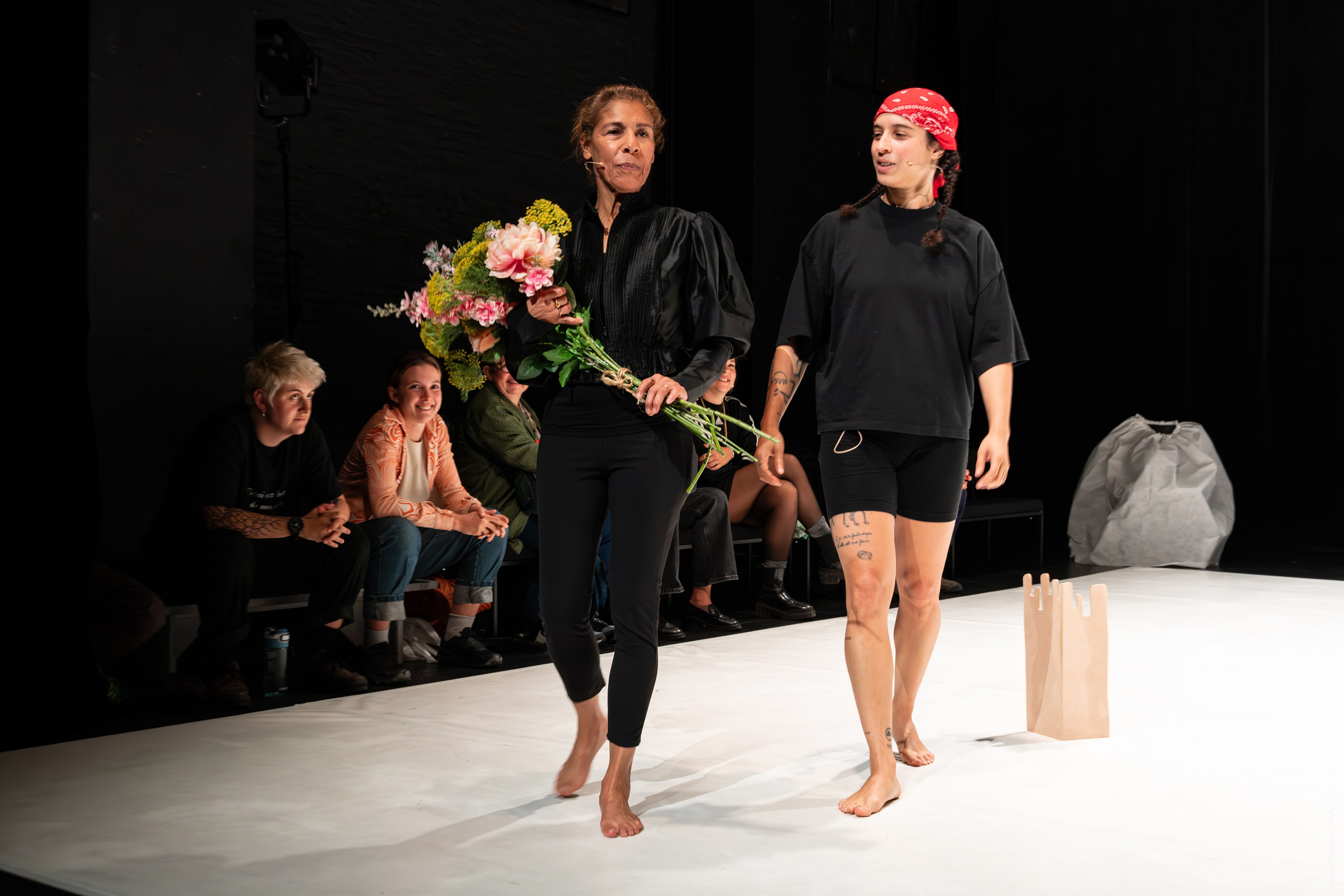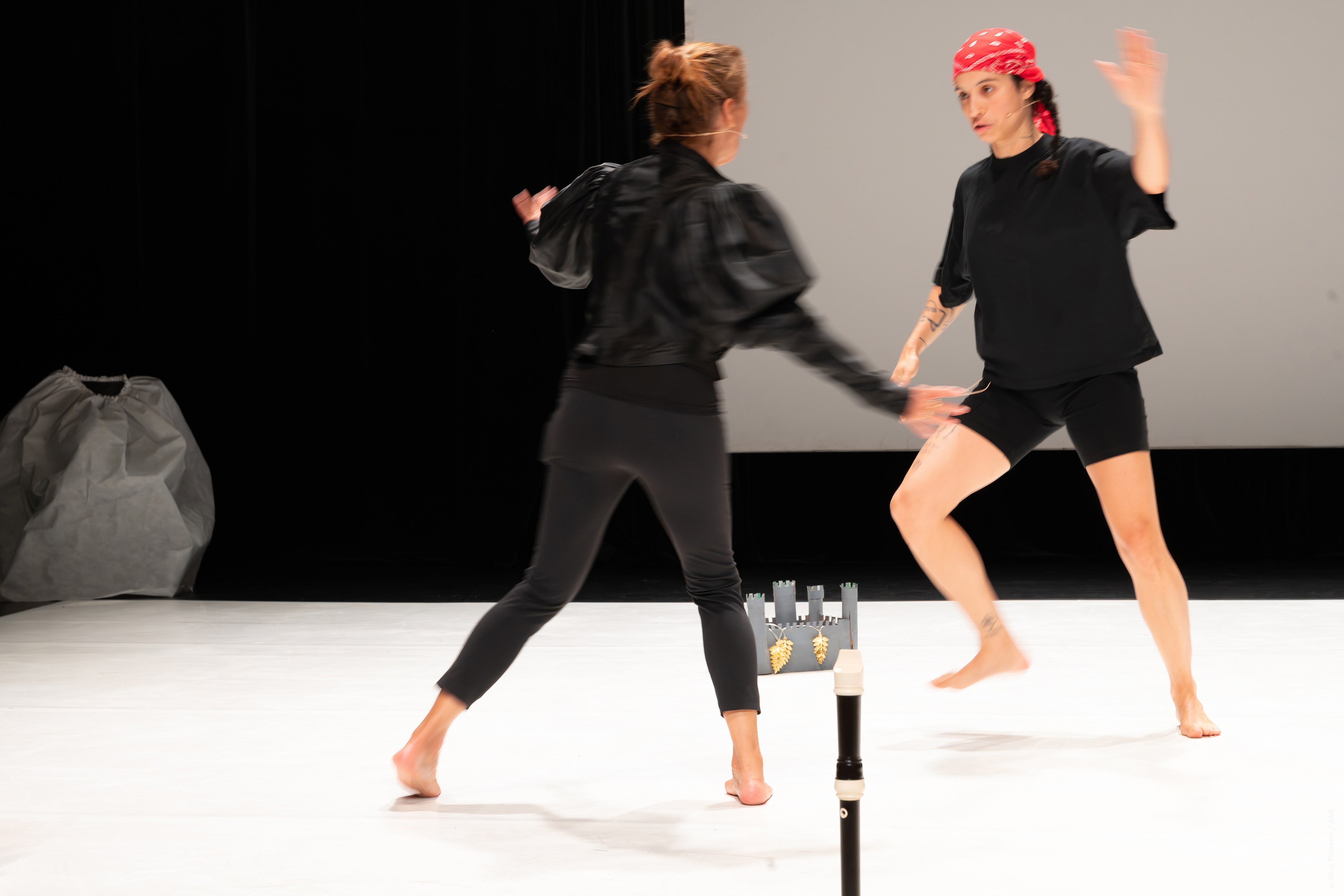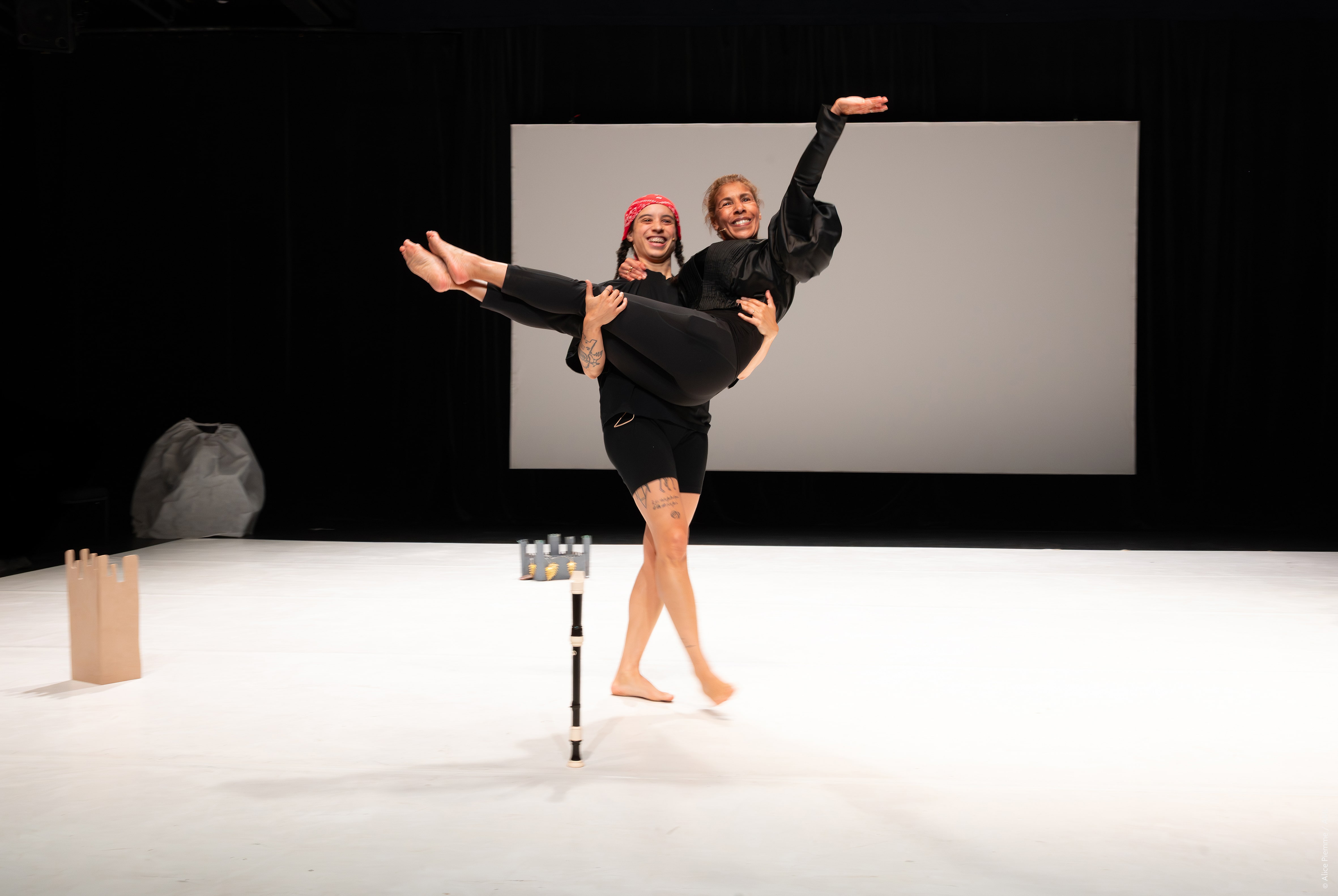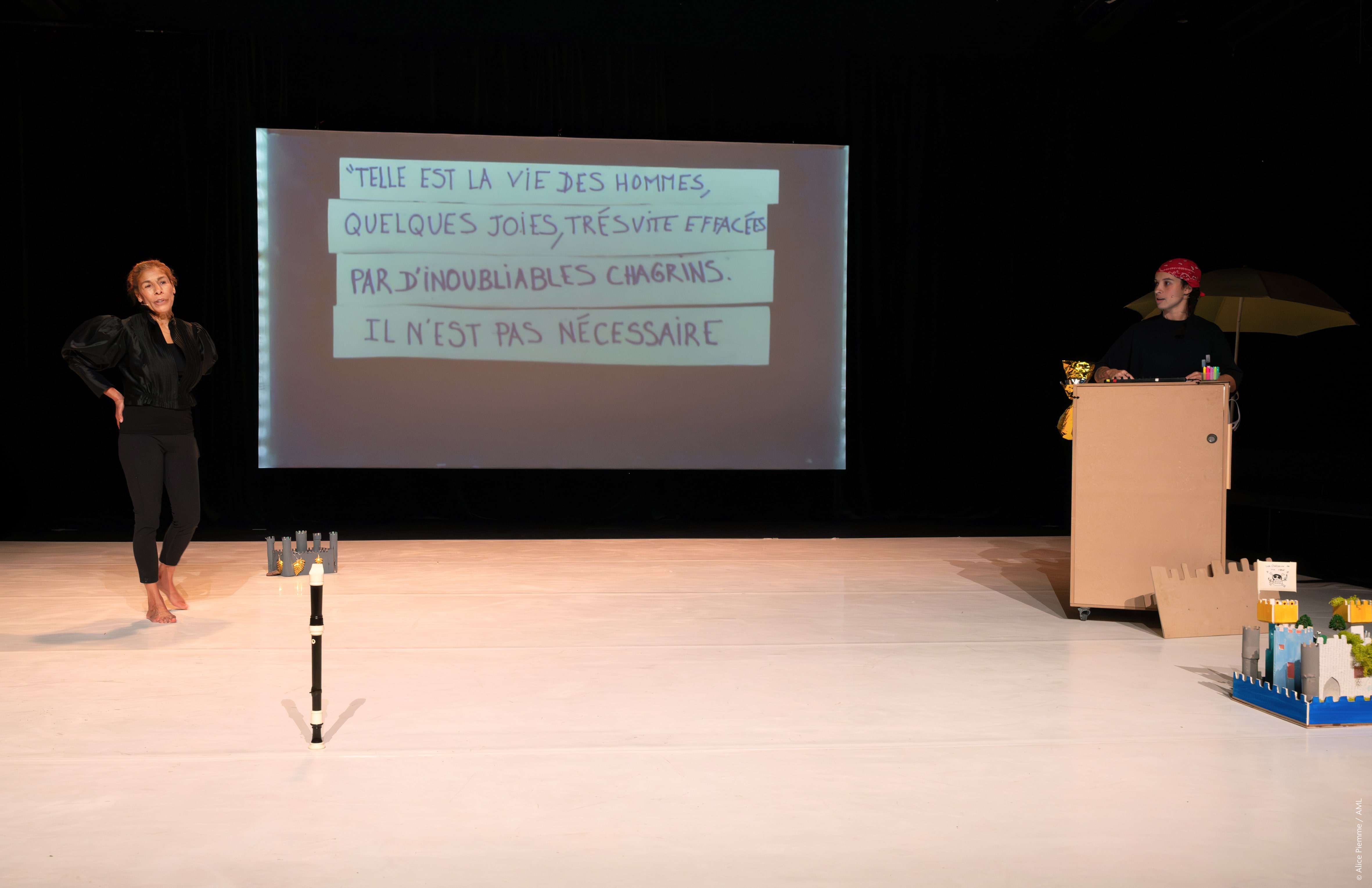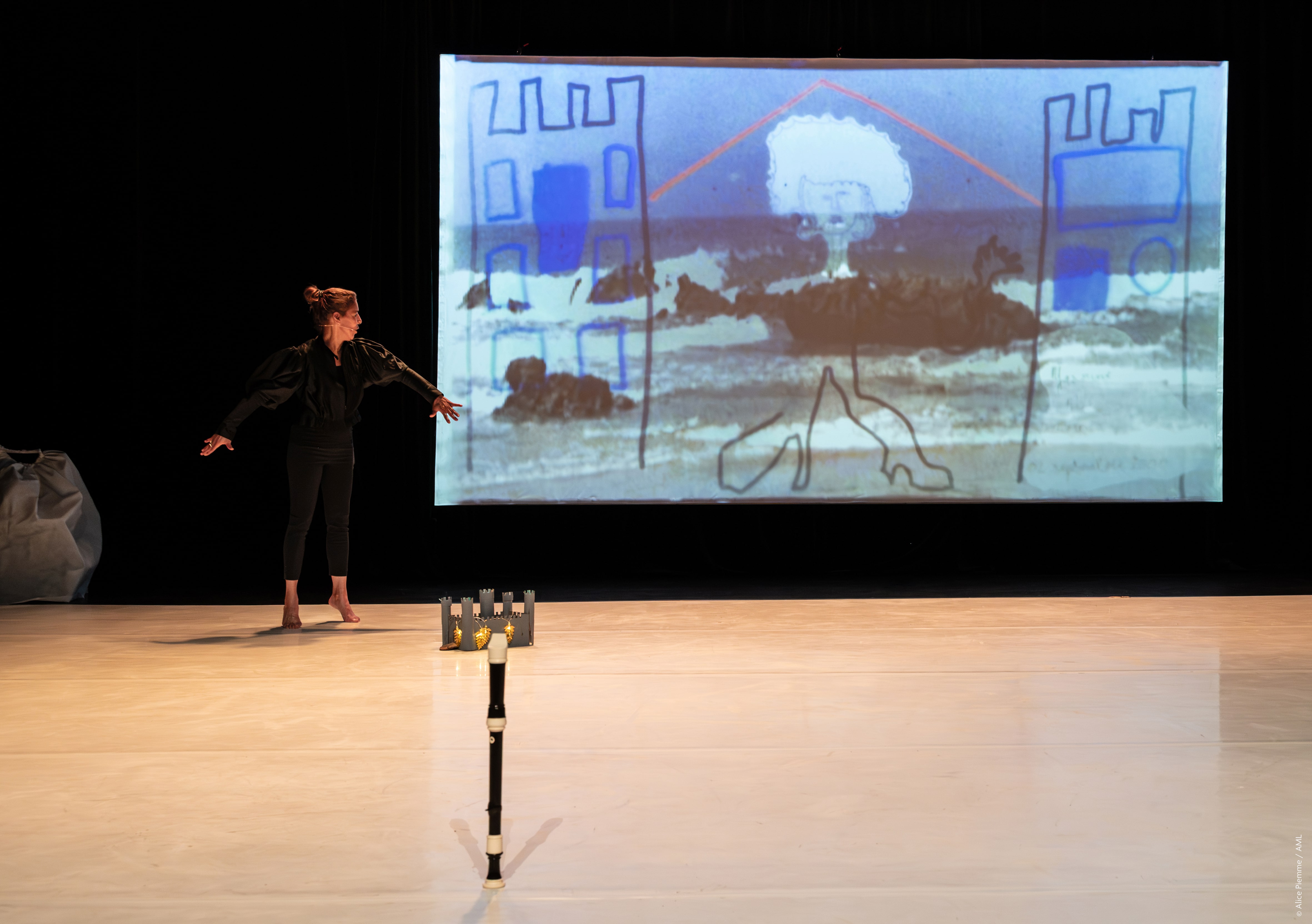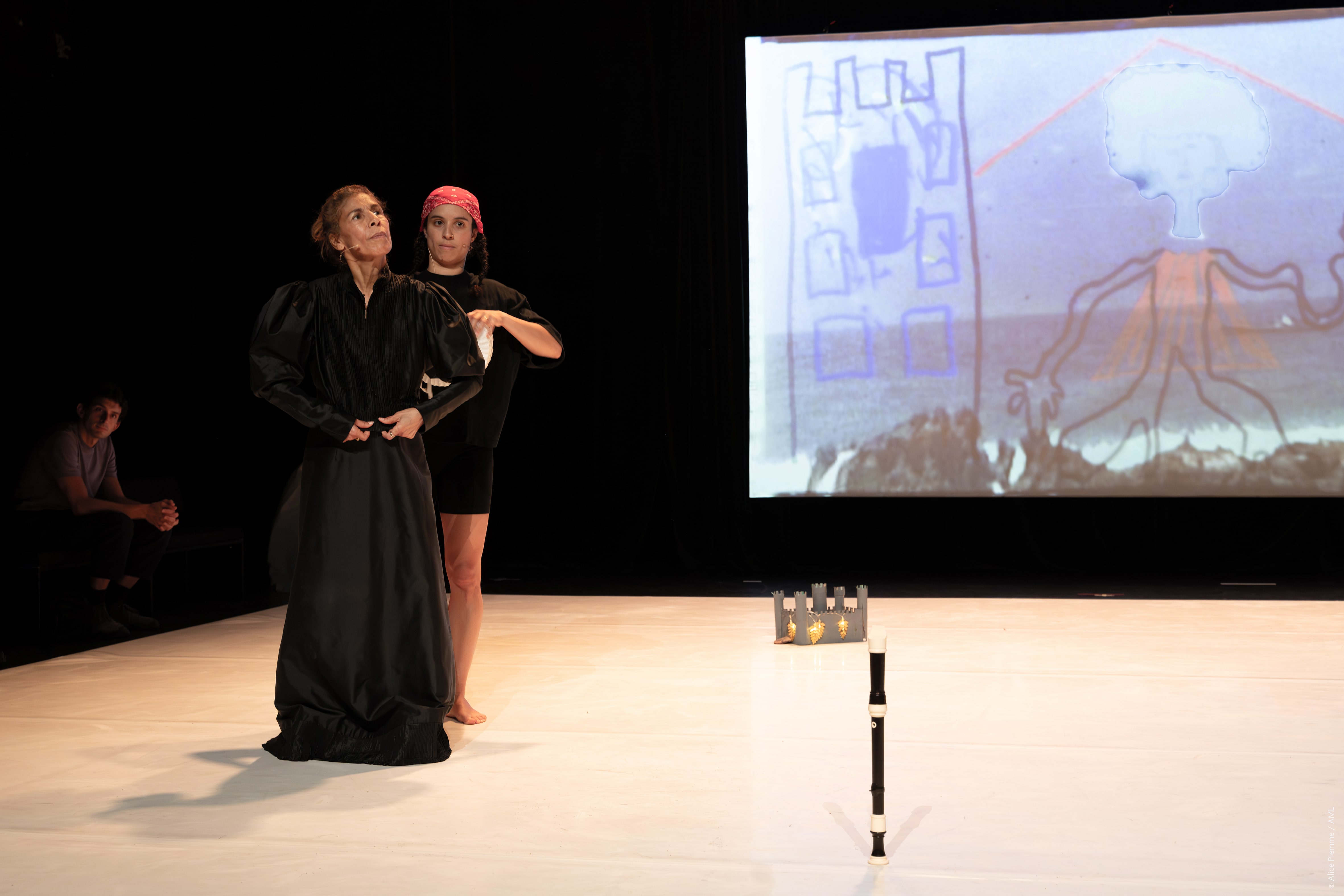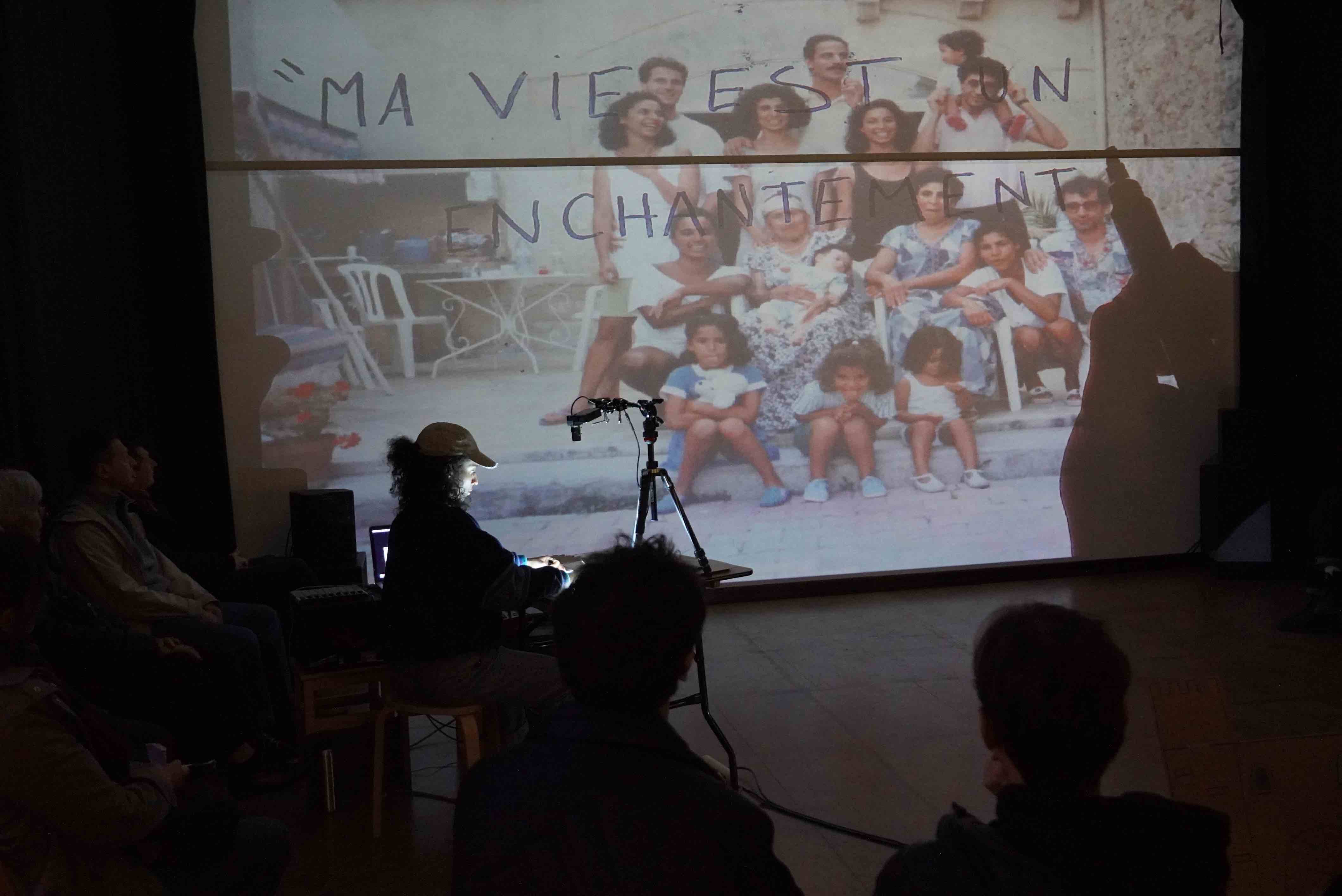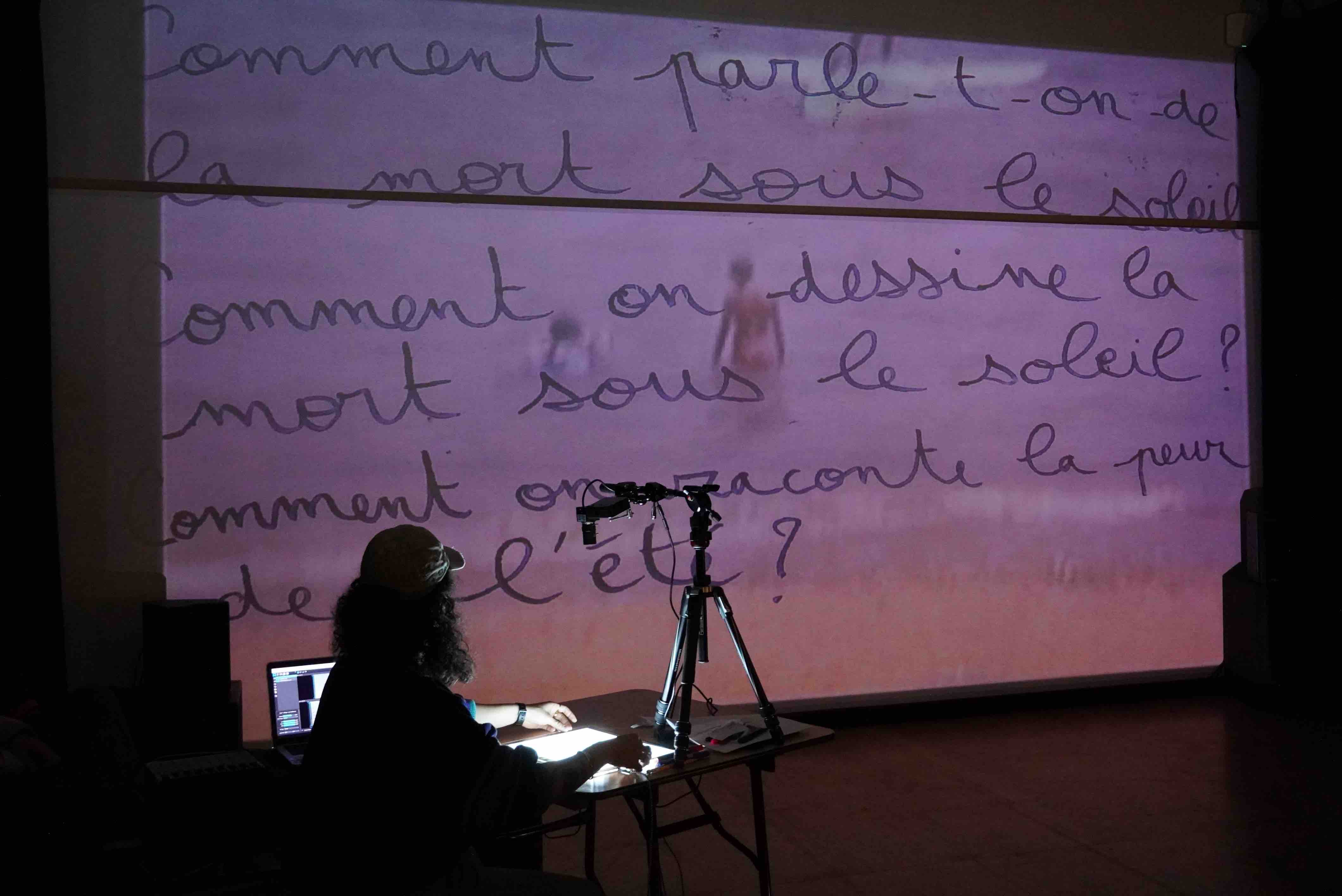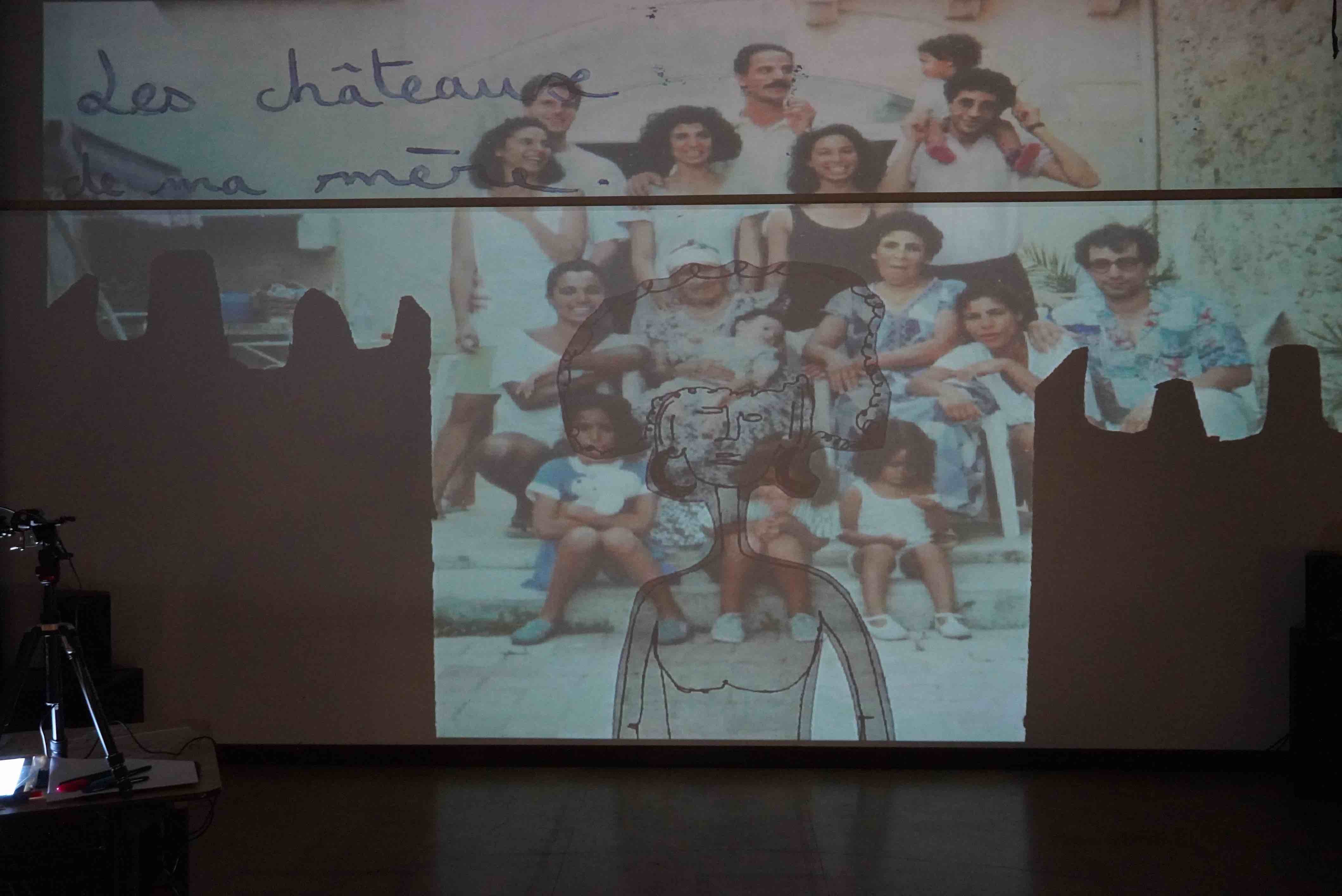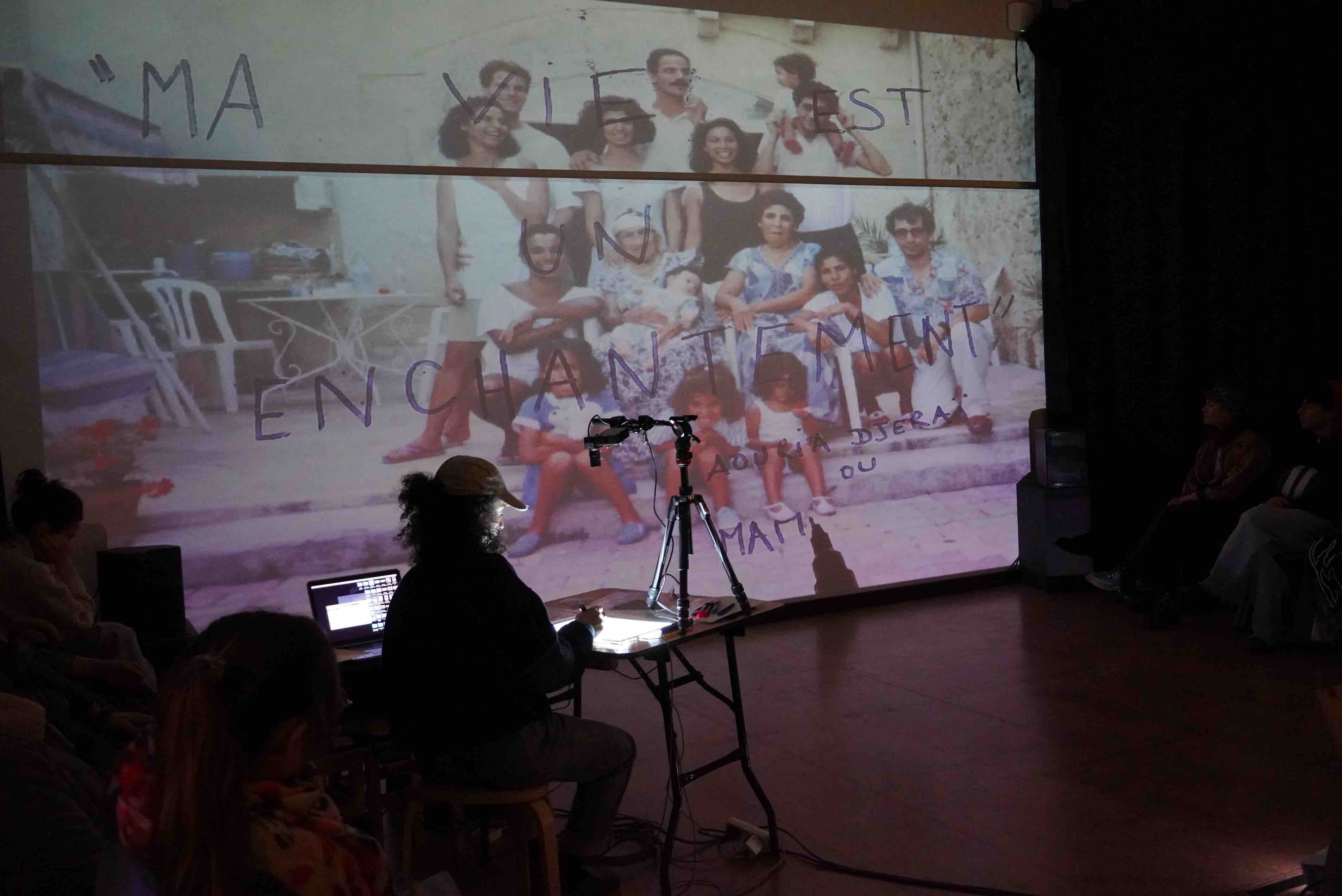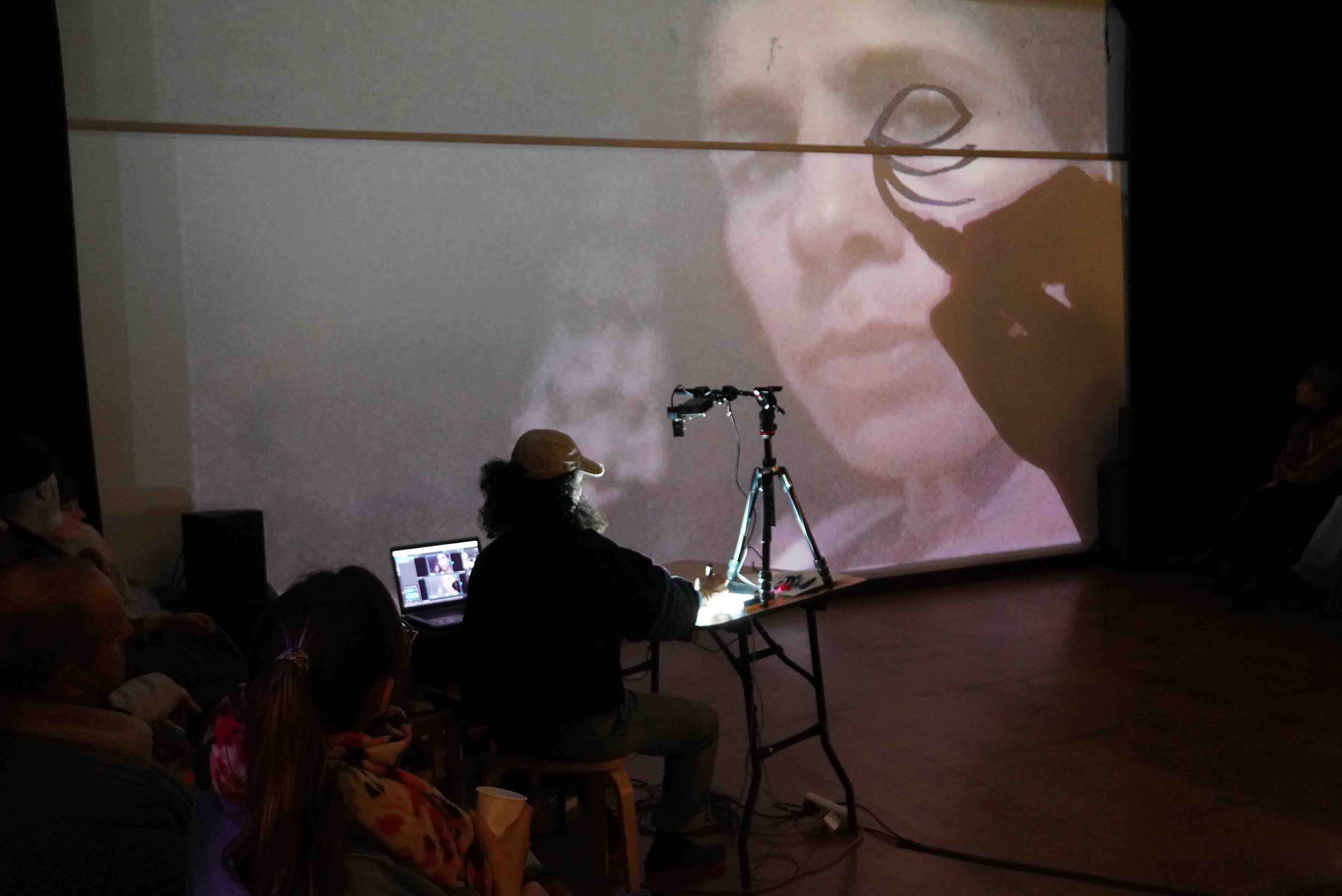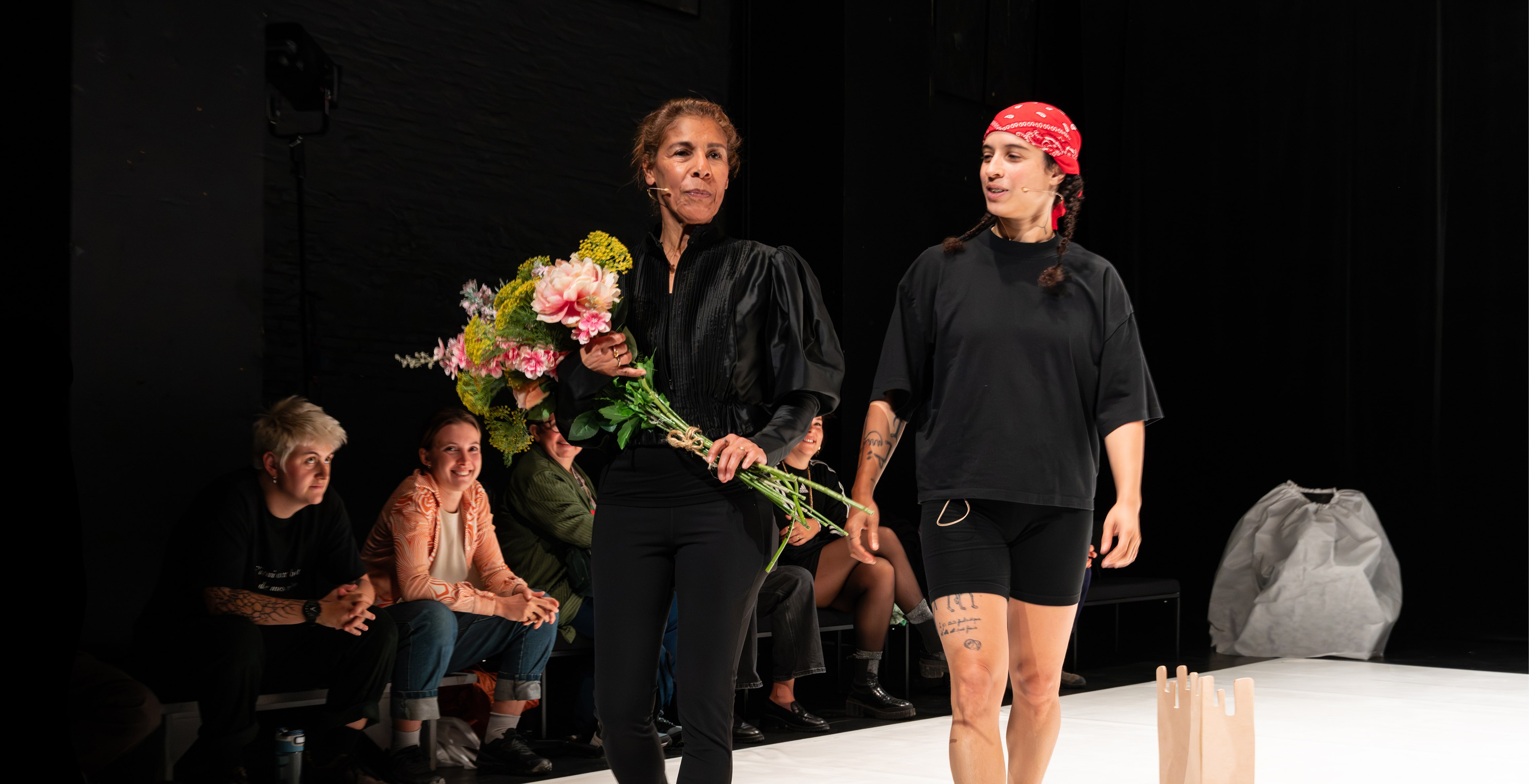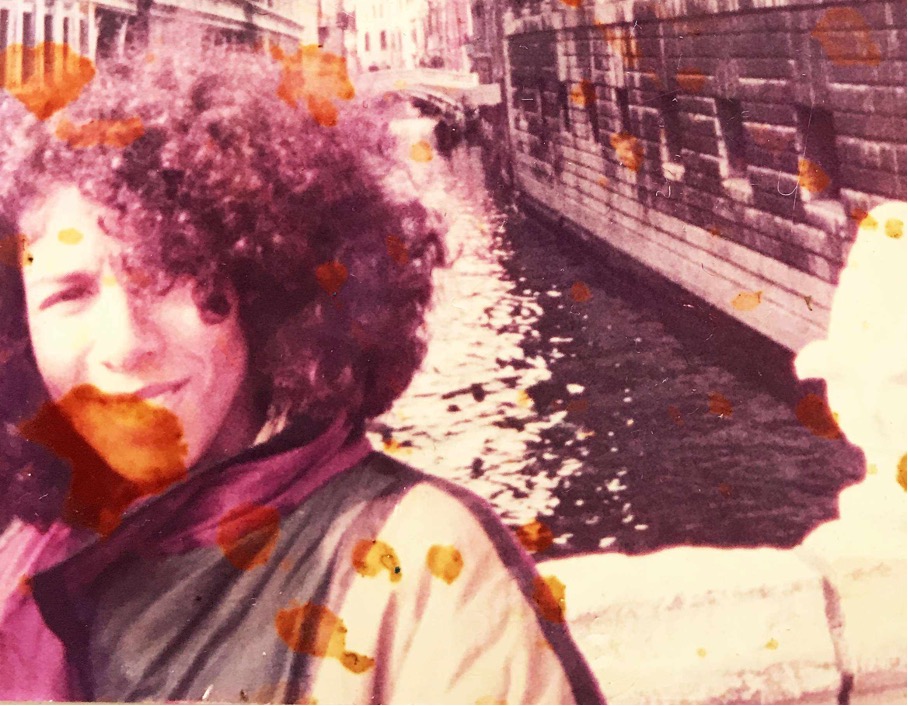Les Châteaux de ma mère (forme XS)
How do traumas survive us and how do we pass them on when we don’t talk about them?
In Les châteaux de ma mère, Yasmine Yahiatène sets out to explore the freedom of speech. Physical spaces, but also temporary and generational spaces of freedom of expression.
Since the release of La fracture and the death of Ahmed Yahiatène, Nora Djeraï’s life partner for 28 years and father of her two daughters, the relationship between Yasmine and her mother has evolved, and they share many more things and times, a form of complicity has developed. These moments are often linked to times when they smoke cigarettes and drink wine.
Nora Djeraï was born in Bouchegouf (or Duvivier at the time) in 1958 in (French) Algeria.
In a family made up almost entirely of women, the moments of expression often take place when they’re cooking, when they’re drinking coffee, nothing is ever really said, everything is often implied, each has her place, each in her place.
And then there’s the dancing, the partying and the laughter. Les châteaux de ma mère is a celebration of freedom and deliverance, and it’s the women who tell the story. It’s the place for her, Nora Djeraï, to tell her version, her story that will once again spill over into History. We listen to those who have to tell.
Les châteaux de ma mère is my mother on stage, telling a story. It’s our exchanges that we engrave in our memories (intimate and collective), it’s our caramel waxing sessions as a family, the preparation of semolina and tea, the hammam and the party.
Yasmine Yahiatène
